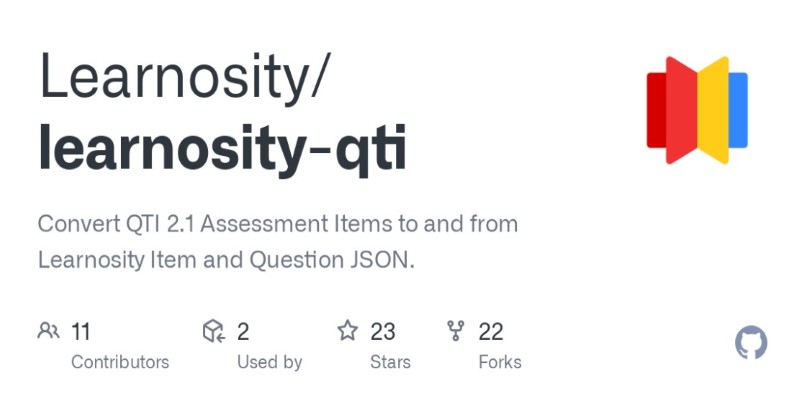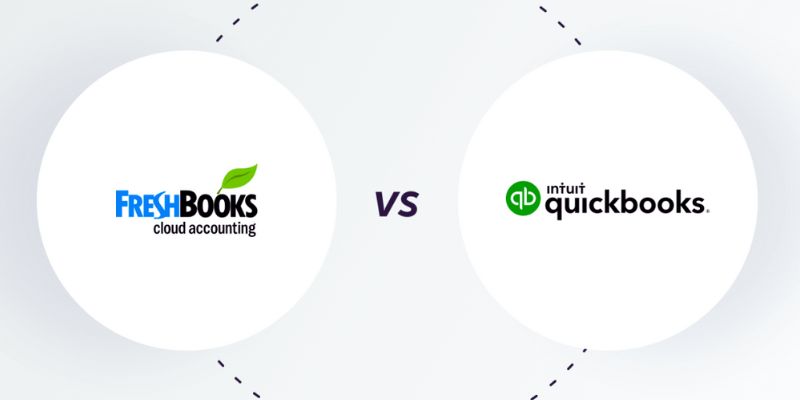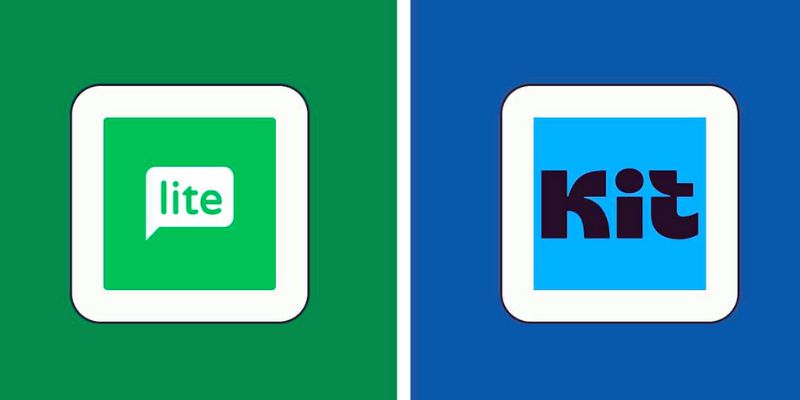The 10 Most Reliable Open Source Platforms for Online Assessments
Advertisement
Computer-based assessments have become essential in today's educational and professional environments. Whether it's university quizzes, corporate training exams, or national-level certification tests, digital assessments offer convenience and efficiency. But you don't always have to invest in costly commercial platforms to manage them. Numerous reliable open-source tools provide flexible solutions for a variety of testing needs, from small-scale quizzes to high-stakes certification exams.
Here’s a list of 10 open-source CBA systems that ensure quality performance without the financial burden of proprietary systems. Each of these tools is fully functional, with community support and a range of capabilities to help you conduct assessments efficiently and effectively.
What Are the Best Open Source CBA (Computer-Based Assessment) System?
TAO Testing
TAO Testing stands out for its ability to handle assessments at scale. Following the QTI standard, this platform ensures the smooth import and export of tests. It supports a range of question types, such as hotspot, drag and drop, and equation input, and its modular structure allows you to customize it to suit various environments. You can choose between self-hosting or cloud hosting, and the platform's multilingual support and separate delivery environments make it a versatile option for serious, large-scale assessments.
Moodle Quiz

Moodle's quiz module integrates seamlessly into its broader learning management system. It supports a variety of question types, automatic grading, and time limits. You can extend its functionality with add-ons that enable features like plagiarism checks and customized scoring rules. For anyone already using Moodle, this built-in tool is a solid and cost-effective solution for academic assessments.
OpenOLAT
OpenOLAT combines both learning and testing functionalities. Its adaptive test paths allow you to offer personalized assessments, where the next question adjusts based on the previous answer. This feature, along with support for multimedia, grading rubrics, and role management, makes OpenOLAT an excellent choice for both small institutions and larger organizations that need flexibility.
QTIWorks
QTIWorks offers a minimalist approach, focusing primarily on delivering QTI-compliant test packages. If you're dealing with research-oriented tests or need a platform that strictly adheres to the QTI standard, this is a straightforward solution. While it doesn't offer extensive features, its simplicity makes it reliable for users with specific needs, such as academic researchers or standard-compliant testing scenarios.
Safe Exam Browser (SEB)
SEB is designed to lock down the test environment on the user's computer, preventing them from accessing other apps and websites or taking screenshots during an exam. It's not a test-delivery platform itself but works well alongside others like Moodle or TAO, adding a critical layer of security by ensuring the integrity of online exams.
Exams
Exams is a no-frills platform designed for quick setup and ease of use. It supports basic question types like multiple choice, true/false, and short answer. Its simple interface makes it ideal for instructors or trainers looking for a tool that can be set up rapidly without too many complex settings or roles. It’s a great fit for smaller-scale assessments where speed and simplicity are the priority.
TCExam
TCExam offers both online and offline test delivery, making it ideal for institutions in areas with limited internet connectivity. With support for question banks, weighted scoring, time limits, and user groups, it’s a well-rounded tool for institutions looking for a self-hosted solution. The platform is also fully customizable, giving you control over all aspects of the testing process.
Learnosity QTI

Learnosity QTI is the open-source engine behind Learnosity's paid offerings. It's developer-friendly and supports QTI 2.1. While it lacks a pre-built interface, it's perfect for those who want to build their custom test platform from the ground up. It takes care of everything from item rendering to response processing, giving developers the flexibility to design their ideal CBA system.
Examinator
Examinator is a simple, lightweight tool ideal for educators who need a quick and easy way to deploy tests. It allows you to create and assign multiple-choice and open-ended questions, and it supports basic features like randomization, time limits, and user authentication. Written in PHP and MySQL, it's easy to self-host and doesn't overwhelm users with unnecessary features.
ILIAS Test & Assessment
ILIAS is a comprehensive learning management platform, but its test module is powerful on its own. With features like question randomization, reattempt control, and detailed feedback mapping, ILIAS is great for environments where detailed assessment tracking is essential. The ability to import questions from other systems and run detailed statistical analysis makes it a top choice for higher education.
How to Use an Open-Source CBA System?
Plenty of platforms on the list do a decent job, but TAO Testing feels like the one that actually thought things through. Let’s look at how to set it up and actually get things running.
To start with TAO Testing, first install the Community Edition on a server with Apache, PHP, and MySQL—follow the setup wizard to get started. Once installed, create a domain to keep your tests organized. Add questions in the "Items" section, where you can choose from various question formats like MCQs or essays. Then, create a complete test by bundling those items under the "Tests" section, set timers, and define the scoring rules. In the "Deliveries" section, specify when and how users can access the test and enable proctoring if necessary. Add users manually or in bulk, assign them to appropriate groups, and grant test access. When you're ready, launch the test and monitor its progress in real time. After completion, check the "Results" section to analyze the performance of your participants and export data for further review.
Wrapping It Up
Choosing the right open-source assessment tool largely depends on your specific use case. Whether you're running a university quiz, a corporate training test, or a high-security certification exam, there’s an open-source platform that fits your needs. Some tools require minimal setup and are ready to go, while others offer advanced features and customizability but require more technical knowledge. Among all the options, TAO Testing is a standout for its modularity, scalability, and modern features, making it a great choice for those who want flexibility and customization.
Advertisement
Related Articles

6 Audio Player Apps on Android That Don’t Waste Your Time

HubSpot vs. Salesforce: Which Is Right for Your Business in 2025

HubSpot vs. Mailchimp: Which Marketing Tool Will Benefit Your Business in 2025

FreshBooks vs. QuickBooks: Which is Best for Your Business in 2025

Which is Best in 2025: MailerLite or Kit (formerly ConvertKit)

Top Backup Solutions for Google Workspace You Can Rely On

Pipedrive vs. Zoho: Which CRM is Best for Your Business in 2025

MailerLite vs. ActiveCampaign: Which Email Automation Platform Wins in 2025

The Best 3D Renderers and How to Start Using Redshift

ClickFunnels vs. ActiveCampaign: A Comprehensive Comparison for 2025

The 8 Best Zoom Alternatives in 2025: Top Picks for Seamless Communication

 novityinfo
novityinfo